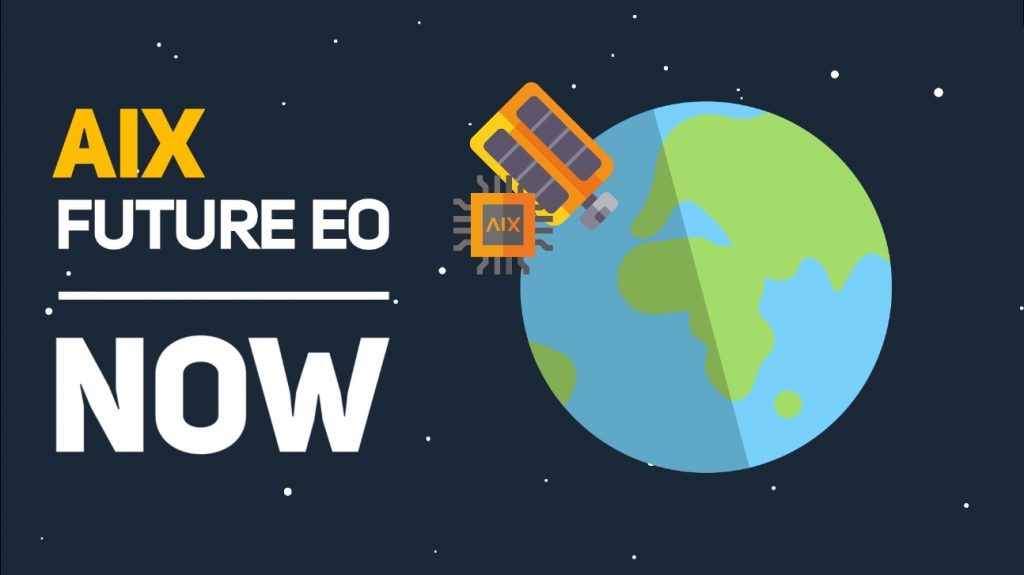Artificial intelligence: the rock star of innovation

Last week I joined AIWeek2023, an enlightening experience for those who wish to understand how technology changes our world. Responsibility, possibilities, and awareness are all terms that traveled with us during the event and highlighted the dualism between digital and human, ethics and business. A duality that is the key to understanding and exploiting the full potential of this technology.
Being a lover of technology, innovation, and how they approach Earth Observation, I contributed during the event by talking about Artificial Intelligence In Space, For Space, and From Space.
Artificial Intelligence “spiegata semplice”
As Abraham Lincoln said, ‘The best way to predict the future is to create it’. This is probably the same approach Pasquale Viscanti and Giacinto Fiore, the creators of AIWeek, use for Artificial Intelligence: by foreseeing it, all we are doing is figuring out what we want to do with it, how we want to create it, how we want to train it, how we want to use it and how we want not to use it.
This is the basis on which AIWeek2023, a project that took its first steps with the podcast Intelligenza Artificiale Spiegata Semplice, has become the most significant Italian Artificial Intelligence Community.
How are Space and Artificial Intelligence intertwined?
A company that uses Artificial Intelligence exploits up to 40 times more of its potential. The same thing happens with Space. The use of AI multiplies the capabilities of Space, impacting activities in Space, for Space, and from Space.

Artificial Intelligence in Space
The European Space Agency’s ESA INCUBED program is supporting Planetek’s project called AI-eXpress, which is shaping the future of the Earth Observation value chain.
In this evolution, EO satellites can define and adapt electricity needs, onboard computing, and processing power. They can also start interacting directly with other satellites enabling a new generation of downstream satellite applications.
The AIX satellite as-a-service model makes satellites smarter by being able to make decisions themselves. For example, extract features to identify a fire to send ground info or program other satellites to follow. AIX was implemented by the consortium consisting of Planetek Italia, D-Orbit, and AIKO – Infinite ways to autonomy
AI for Space
What if satellites show signs of breakage? Can artificial intelligence intervene to avoid debris in space? As part of a contract with ESOC’s Advanced Operations Technology group, S.A.T.E. Systems and Advanced Technologies Engineering S.r.l., and Planetek Italia developed CASTeC. This system applies the Industry 4.0 paradigms allowing the health of satellites to be monitored.
Thus, the software allows us to check if the satellite is about to have problems and, if so, intervene before it breaks down. For example, we can tell five days in advance that the fuel is about to run out, and then we can move the satellite to the graveyard orbit, avoiding creating waste in orbit.
AI from Space
Enhancing the condition assessment and predictive maintenance of the critical infrastructures such as powergrid, bridges, networks, and buildings, satellite-derived analytics integrate satellite data with operational and ancillary within an unprecedented GUI and are anytime available for supporting decision-maker in the daily tasks.
The Rheticus platform, developed by Planetek Italia adopts the big data paradigm for processing huge volumes of satellite and different sources of data on the ground in HPC /Grid-capable data servers to extract helpful content for making decisions to protect the environment, #land, and assets and improve people’s well-being.
This article will be updated very soon!….stay tuned!
Discover more on planetek website.
Read on: Join “Earth from Space” newsletter on LinkedIn


